Back to Courses

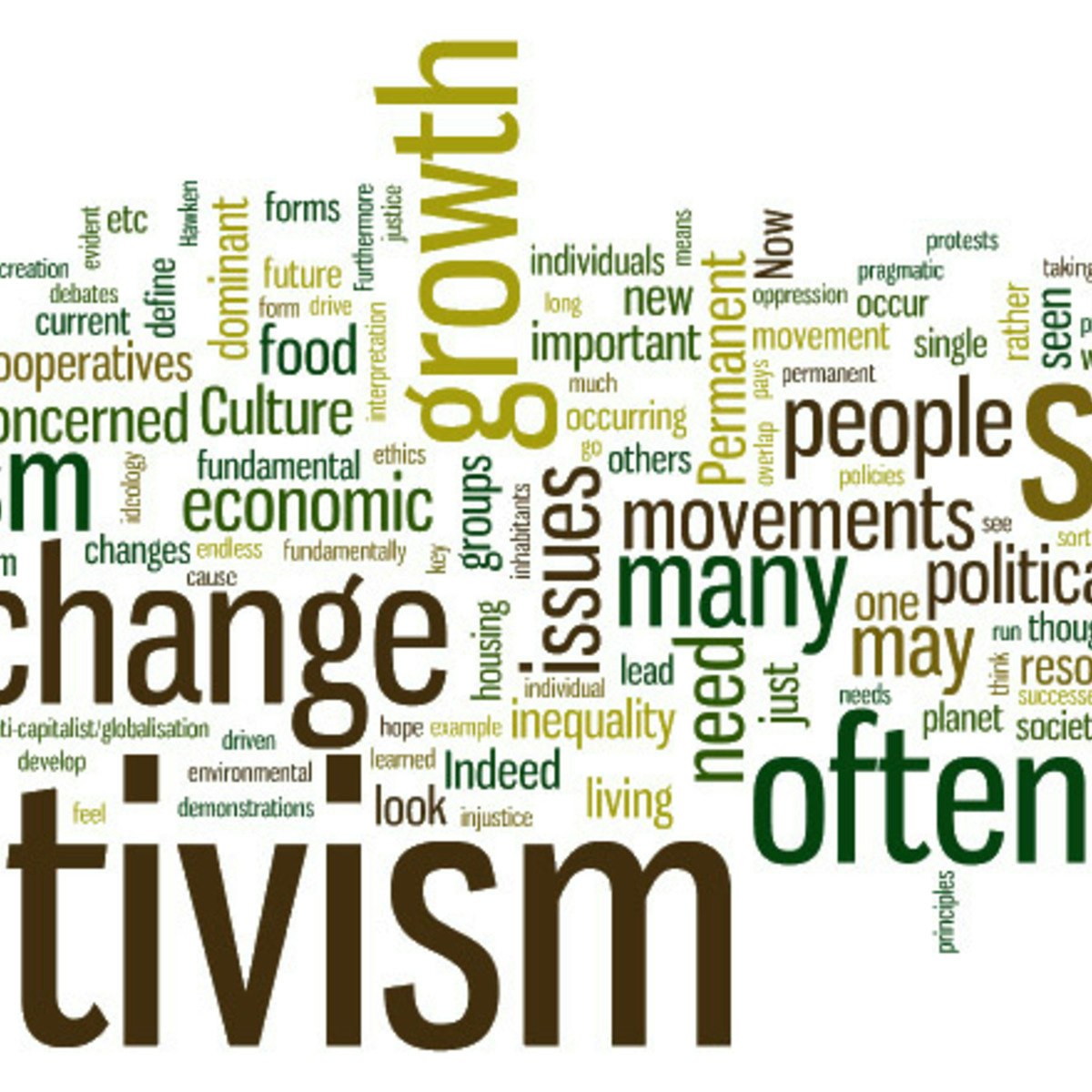
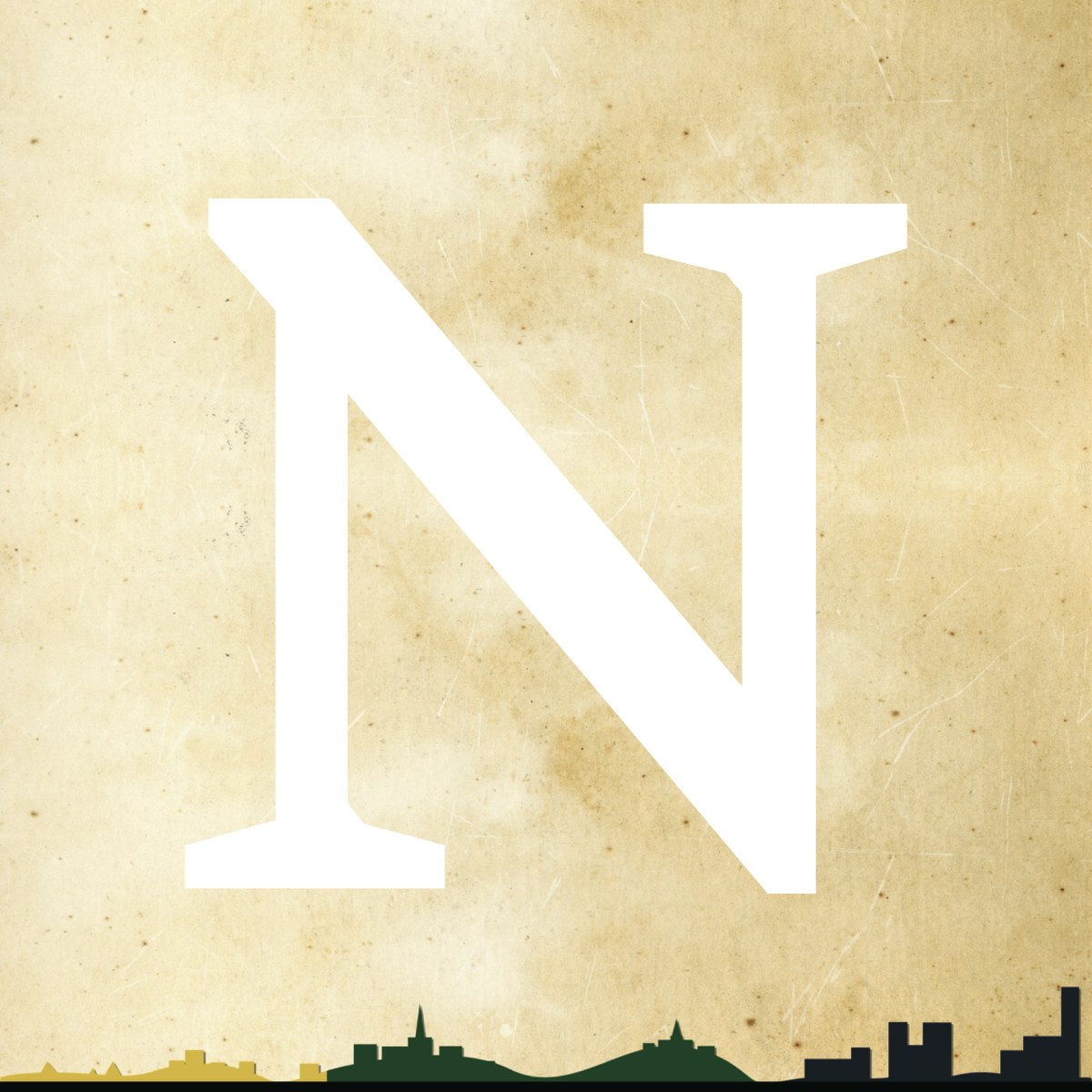
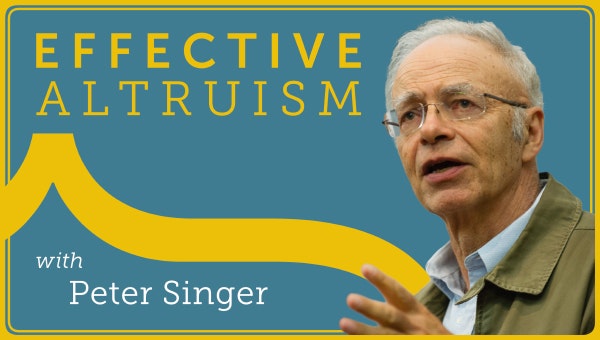


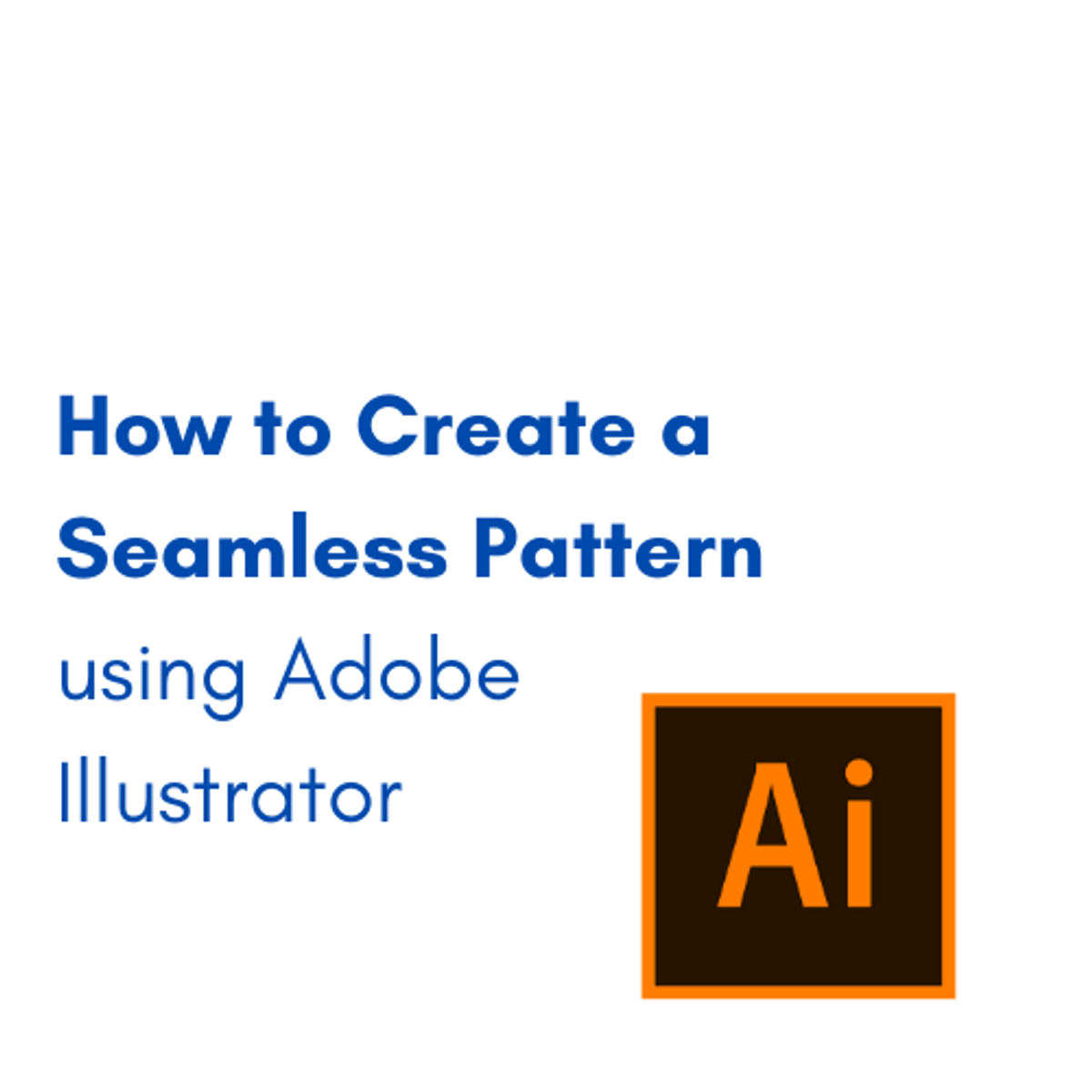
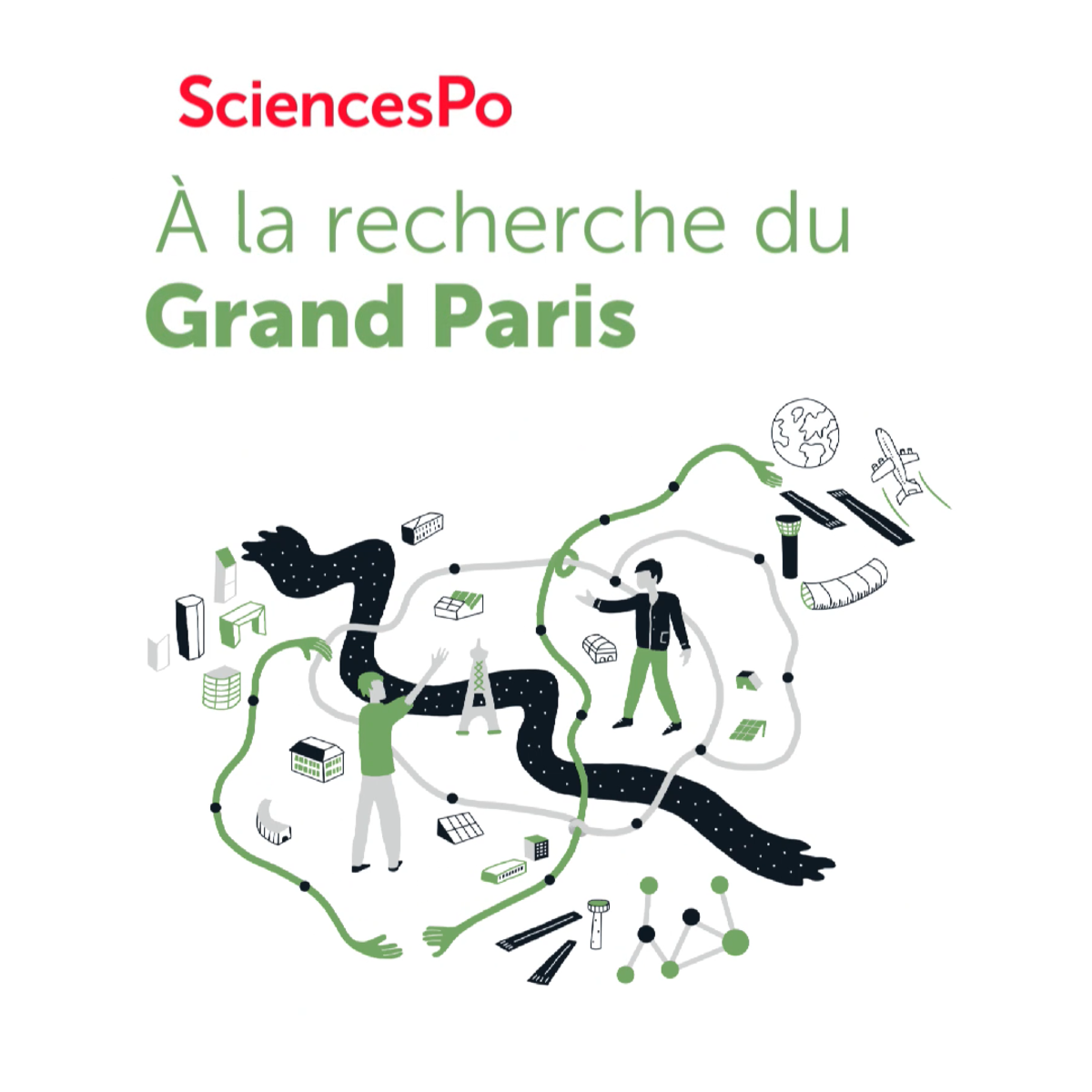

Arts And Humanities Courses - Page 17
Showing results 161-170 of 464

Master the Bezier Pen Tool in Inkscape
By the end of this project, you’ll get comfortable using Inkscape’s Bezier curves and straight lines tool, otherwise known as the Bezier pen tool. Inkscape, a free vector graphics program, allows you to build graphics with clear lines, vivid colors, and the flexibility to resize again and again—all while keeping the best image quality.
The Bezier pen tool is an important part of Inkscape because it allows you to make customized paths and objects with a few clicks. You’ll get comfortable with the pen’s toolbar options, drawing straight and curved paths, creating open and closed paths, and editing those paths.
To build these skills, you’ll practice creating some basic shapes, including straight lines, circles, and a heart symbol. Then you’ll draw a more complex shape: the pen tool icon!
Note: This course works best for learners who are based in the North America region. We’re currently working on providing the same experience in other regions.

Philosophy and the Sciences: Introduction to the Philosophy of Physical Sciences
What is the origin of our universe? What are dark matter and dark energy?
This is the first part of the course 'Philosophy and the Sciences', dedicated to Philosophy of the Physical Sciences. Scientific research across the physical sciences has raised pressing questions for philosophers. The goal of this course is to introduce you to some of the main areas and topics at the key juncture between philosophy and the physical sciences.
Each week we will introduce you to some of these important questions at the forefront of scientific research.
We will explain the science behind each topic in a simple, non-technical way, while also addressing the philosophical and conceptual questions arising from it. We’ll consider questions about the origin and evolution of our universe, the nature of dark energy and dark matter and the role of anthropic reasoning in the explanation of our universe.
Learning Objectives
Gain a fairly well-rounded view on selected areas and topics at the intersection of philosophy and the sciences
Understand some key questions, and conceptual problems arising in the natural sciences.
Develop critical skills to evaluate and assess these problems.
Suggested Reading
To accompany 'Philosophy and the Sciences', we are pleased to announce a tie-in book from Routledge entitled 'Philosophy and the Sciences for Everyone'. This course companion to the 'Philosophy and the Sciences' course was written by the Edinburgh Philosophy and the Sciences team expressly with the needs of MOOC students in mind. 'Philosophy and the Sciences for Everyone' contains clear and user-friendly chapters, chapter summaries, glossary, study questions, suggestions for further reading and guides to online resources.
Please note, this companion book is optional - all the resources needed to complete the course are available freely and listed on the course site.

How to Change the World
How can we use the things we share in common to address some of the most challenging problems facing the world? This course examines issues concerning poverty, the environment, technology, health care, gender, education and activism to help us understand better how to initiate positive change.

Luther and the West
In this course we will discuss the history of some ideas that have been hugely influential in the modern west and that were taken out to the rest of the world. The discussion centers on an extraordinary and historically important figure, a sixteenth century German man named Martin Luther. Luther is recognized today as the originator of many of the most significant ideas that continue to affect and shape who we as modern people are and how we see the world and ourselves for better and for worse.
In the first section, we will explore why Luther thought the Bible was the most important volume for everyone to have and read. Included here will be a careful consideration of Luther's anti-Judaism, which contributed to western antisemitism and some of the greatest horrors of the twentieth century.
In the second section, we will talk about the idea of freedom and how Luther's understanding of freedom in Christ affected the way modern thinkers understood what it means to be human in community. Important in this section is the consequential contradiction between freedom and slavery in western thought and their co-existence in western societies.
The third section will be all about the many complicated relations between religion and politics.
NOTE: Students wishing to sign up for free access to all instructional course content should click on the "Sign-In" button in the upper right hand corner. Those who wish to take the course and complete a certificate that requires payment, please click the Enroll button on the left side of this page.

Effective Altruism
Effective altruism is built on the simple but unsettling idea that living a fully ethical life involves doing the most good one can. In this course you will examine this idea's philosophical underpinnings; meet remarkable people who have restructured their lives in accordance with it; and think about how effective altruism can be put into practice in your own life.
All the features of this course are available for free. It does not offer a certificate upon completion.

Teaching Writing Final Project
One of the goals of the Teaching Writing specialization has been to help every learner consider ways to adapt what they are learning and apply it to their specific situation, needs and interests. The theories, strategies and practices presented in these courses are sound, and can work with any student of any age and skill level, provided each learner is able to adapt their learning and apply it to their specific students, current or future. In this final project, learners will select one component from each of the four courses that are among the most important things they learned from that course. They will describe what these components are, explain why they are important to the learner, and create a plan for incorporating that new learning into their teaching or their own writing going forward.

Mind of the Universe - Genetic Privacy: should we be concerned?
Should all our genetic information be made public in order to eradicate genetic diseases from this world?
Who owns your genetic data once it becomes publicly accessible? What is your responsibility to family members when you know more about genetic diseases than they do? Who decides what kind of genetic information is relevant to a person? And what does genetic privacy mean to you?
In this challenge with Robert Zwijnenberg (Professor in Art and Science Interactions) you will critically reflect upon the issue of genetic privacy. You will dive into the ethical questions that come up with the disclosure of genetic data in biobanks and through genetic tests. This course encourages you to think about the cultural, philosophical and political tensions present in the debate around genetic privacy. You are invited to identify and listen to the viewpoints and values provided by the different stakeholders that shape this debate: corporations, researchers, consumers and patients. Furthermore, you will go off the beaten track by exploring the issue from the unique perspective of art and culture. After a lot of thinking, supplementing, deleting and adjusting, you will be asked to share a recommendation on how to regulate practices of disclosing genetic information, while taking into consideration the concept of genetic privacy. Your advice could serve as an eye-opener for policy makers!
This online learning experience is a spin-off of The Mind of the Universe documentary series created by the Dutch broadcasting company VPRO and professor Robbert Dijkgraaf, Princeton University. A number of universities in the Netherlands have used the open source material of the documentary series as a starting point to create similar experiences.

How to Create a Seamless Pattern Using Adobe Illustrator
By the end of this project, you will be able to create a seamless pattern by using Adobe Illustrator software. Throughout the project, you will be able to create basic shapes and use them in making basic geometrical motifs.
Moreover, we will create a seamless pattern out of these geometrical motifs, and finally, you will be able to change the seamless pattern colors and save your pattern in swatches.
This guided project is for beginner level designers and learners who know how to create basic shapes on illustrator, know the basic tools and commands like creating new file, knowing the shapes tool, eyedropper tool, move & copy commands.
There are a number of reasons why this project is important for artists and designers, it will help you make a seamless pattern out of your designs, seamless patterns are important and mandatory to learn if you want to transform your designs into prints like printing your pattern on fabrics or paper.

Searching for the Grand Paris
What is the reasoning for the Grand Paris? What does the transformation of the relationship between Paris and its suburbs imply? “Searching for the Grand Paris” is an original MOOC featuring accounts from residents, association representatives, experts, and researchers. It also contains archival footage and documents, as well as a comparative analysis of Brussels, London, and other French cities. The MOOC combines historical and comparative approaches with a discussion of controversial topics. It also reflects upon the notion of scale and questions what is at stake in the implementation of the Grand Paris. It discusses the evolution of Paris and its region, as well as issues such as ethnic and social segregation, economic growth, safety, the environment, housing, transportation, city construction, education, and culture. “Searching for the Grand Paris” is not exclusively directed towards universities. It is free and for the general public. This dynamic, even lively, MOOC was made in collaboration with students from the University of Science Po (Paris Institute of Political Studies), along with many other contributors.
TEACHER : Patrick Le Galès (politist and sociologist)
PREREQUISITE
There is no required prerequisite for this course.
PLAN DU COURS
Session 1: Metropolization and Economic Growth
Session 2: Population and Migration
Session 3: Housing and Construction
Session 4: Transportation and Mobility
Session 5: Law enforcement and Environment
Session 6: Culture and Education
EVALUATION
This MOOC offers a final MCQ.
PEDAGOGICAL TEAM
Héloïse Thibault, Valentine Quinio, Judith Lienhard, Ninon Beillard, Juliette Guichardet, Odile Gaultier-Voituriez, Miyuki Tsuchiya, Maxime Crépel, Pôle Audiovisuel Sciences Po
TERMS OF USE
All rights reserved
PARTNERS
Mairie de Paris | Ecole urbaine de SciencesPo Paris | Grand Public

Sports and Society
Sports play a giant role in contemporary society worldwide. But few of us pause to think about the larger questions of money, politics, race, sex, culture, and commercialization that surround sports everywhere. This course draws on the tools of anthropology, sociology, history, and other disciplines to give you new perspectives on the games we watch and play. It's the new and improved version of Professor Orin Starn's original "Sports and Society" for Coursera, which drew more than 40,000 students. We will focus on both popular sports like soccer (or “football,” as anyone outside America calls it), basketball, and baseball, and also lesser-known ones like mountain-climbing and fishing. You will never watch or think about sports in the same way again.
Popular Internships and Jobs by Categories
Find Jobs & Internships
Browse
© 2024 BoostGrad | All rights reserved